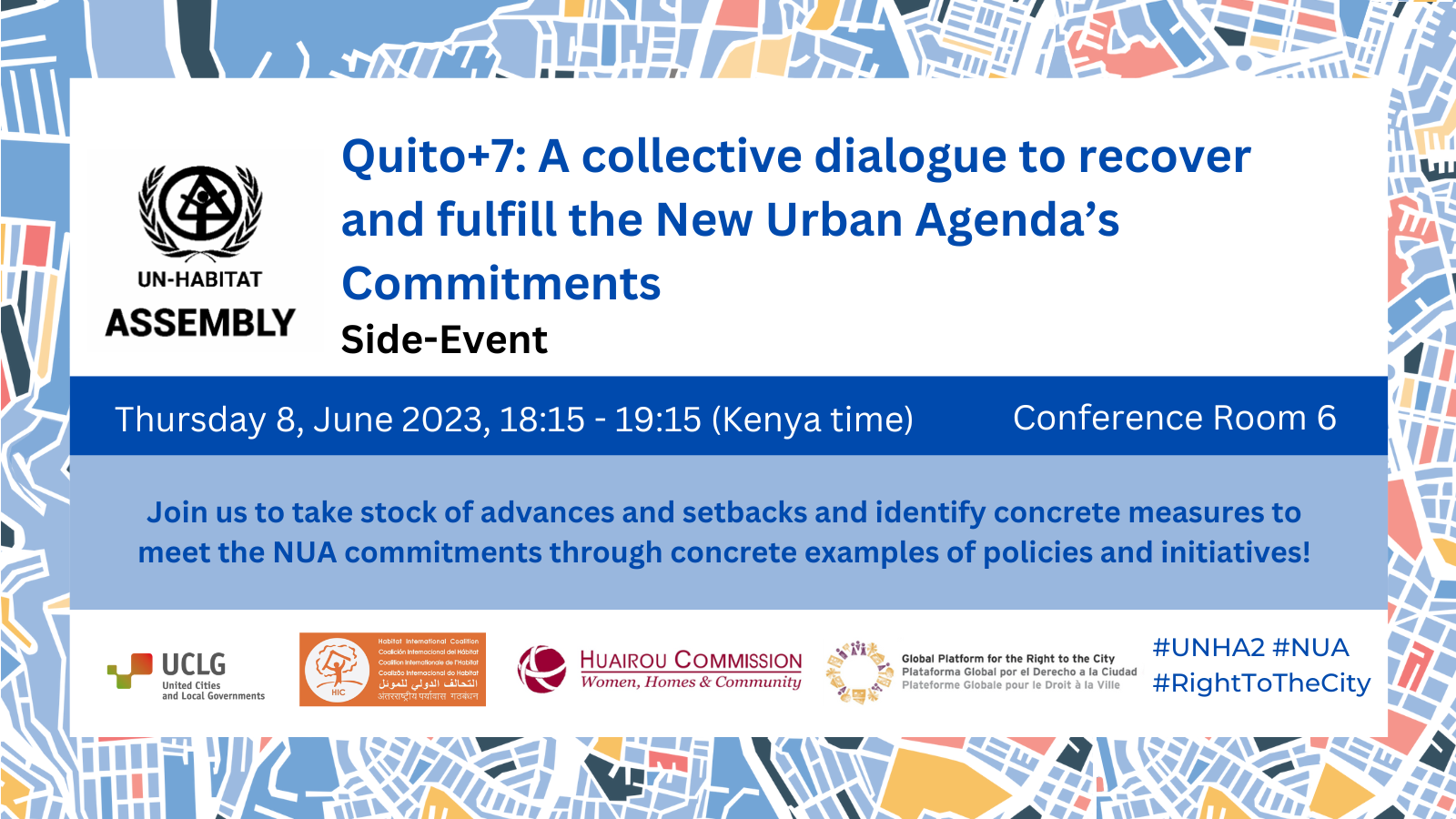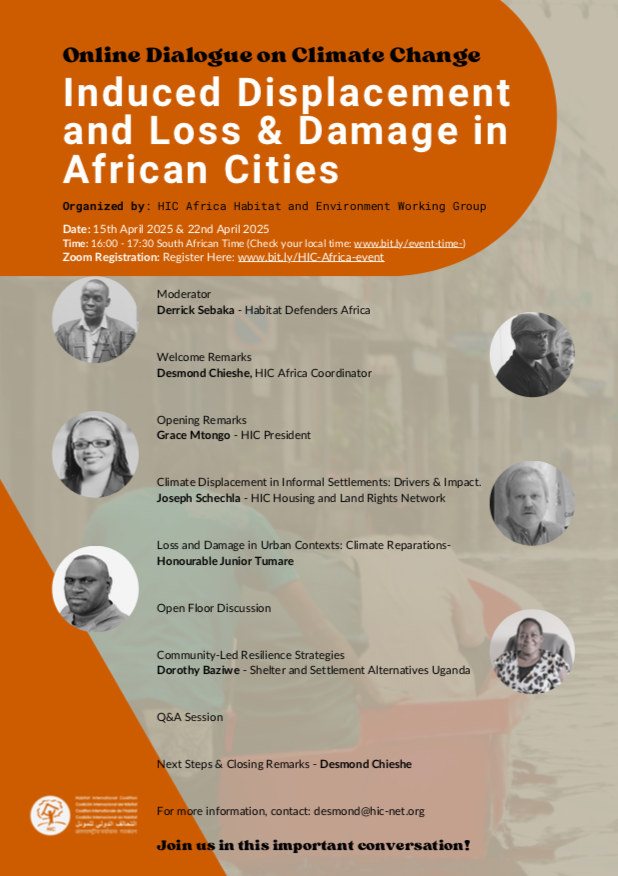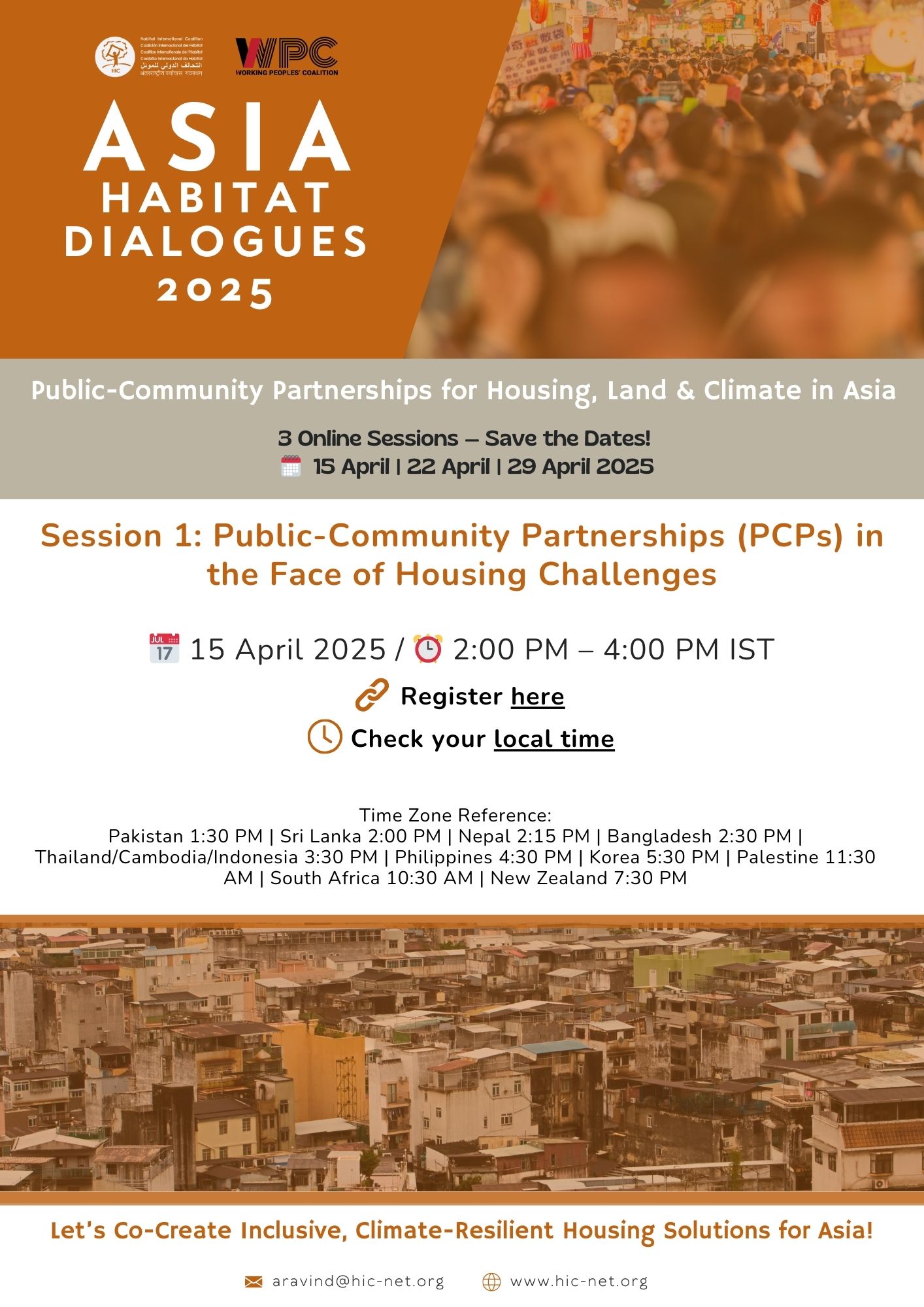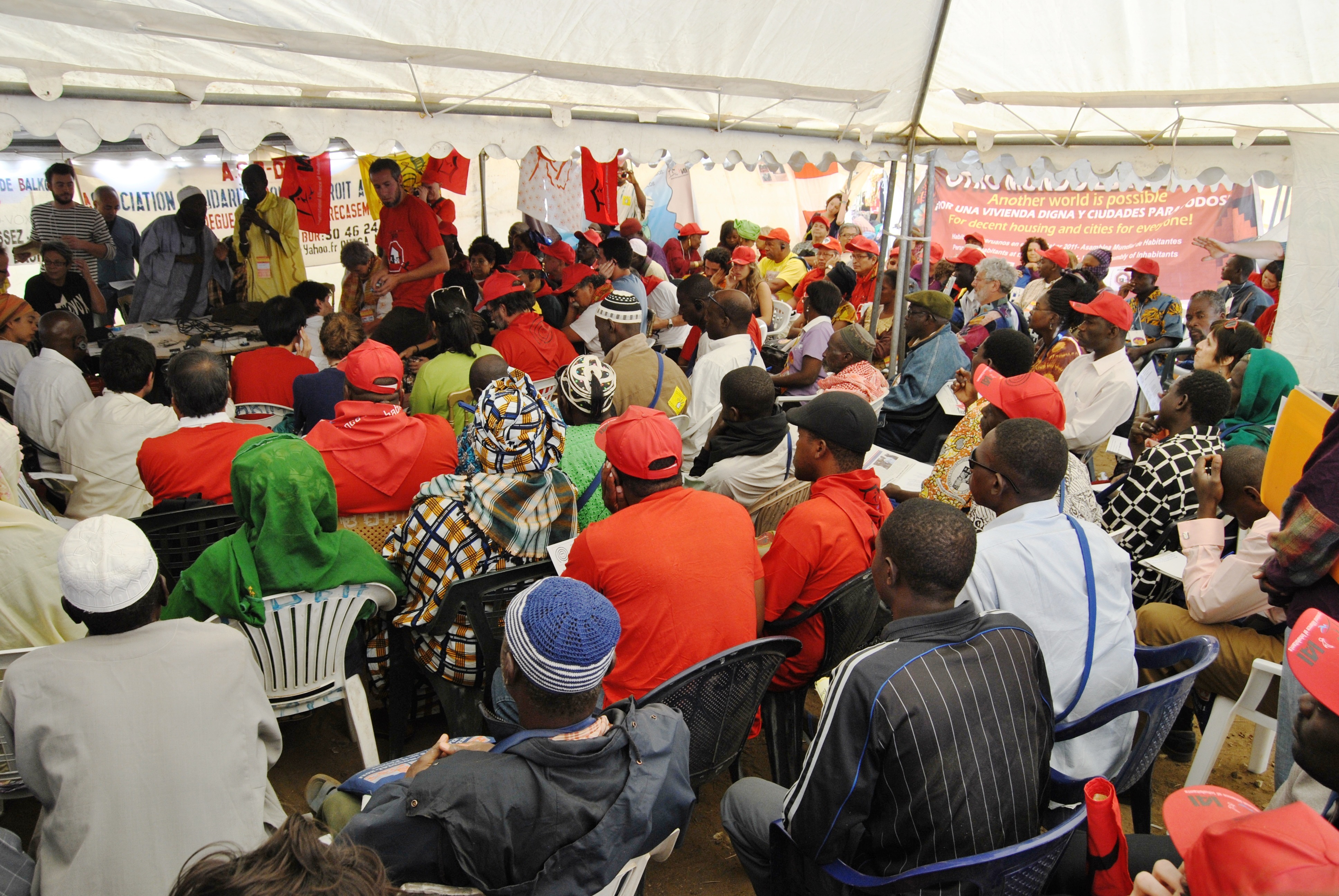-
This event will take stock of how the implementation of the New Urban Agenda (NUA) has advanced and what is yet to be realized.
-
A multi-stakeholder panel will focus on pathways to operationalizing NUA commitments through concrete examples of policies and initiatives.
-
In this year that will see the mid-term review of the 2030 Agenda at the SDG Summit and the development of UN-Habitat’s next strategic plan, the panel will renew a multi-stakeholder commitment to implementing the NUA principles and commitments and identify concrete steps to localize its implementation.
The Habitat III process reflected the deliberation of various actors to collectively commit to actions that make our cities, villages, territories and human settlements more just, inclusive, safe and sustainable. Key issues emerged toward the adoption of the New Urban Agenda (NUA), in particular regarding the respect, protection and fulfillment of human rights under the umbrella of the Right to the City, including women’s full and effective participation and equal rights; combating and preventing speculation, displacement, homelessness and forced evictions; ensuring the social and ecological functions of housing, land and the city; the need to further decentralize decision-making and resource-allocation processes; the recognition of cities as common goods; and the democratic management of cities and territories through more participatory and inclusive approaches, such as the social production of habitat.
However, the years that followed have been marked by worsening living conditions amid the combination of ongoing crises, such as climate and environmental emergencies, rising inequalities within and between countries, a crisis of democracy in some countries, with deepening cultural divides. These have exposed the limitations of current socioeconomic and urban development models. Meanwhile, NUA commitments remain levers of a much-needed transformation at the local and global levels.
At the same time, local, regional and national government responses to the COVID-19 emergency in collaboration with civil society – through actions such as eviction, rent and mortgage moratoria; strategies for securing emergency accommodation for populations experiencing homelessness or domestic violence and nurturing community networks that led to the provision of key services and goods in the front-line response – pointed to the potential of spurring concrete actions and policies aligned with the vision built ahead of Habitat III.
Objectives
- Identify concrete actions and policies already being implemented by local, regional and national governments in collaboration with organized civil society that can help advance these commitments;
- Highlight key principles and commitments that are yet to be realized, and that can act as levers of action to advance the implementation of the NUA and the SDGs;
- Contribute with concrete elements for consideration and inclusion in UN-Habitat’s flagship programs and the next strategic plan, as well as the monitoring framework for NUA implementation.
Organizers
- United Cities and Local Governments
- Global Platform for the Right to the City
- Habitat International Coalition
- Huairou Commission
Moderator
United Cities and Local Governments’ representative



